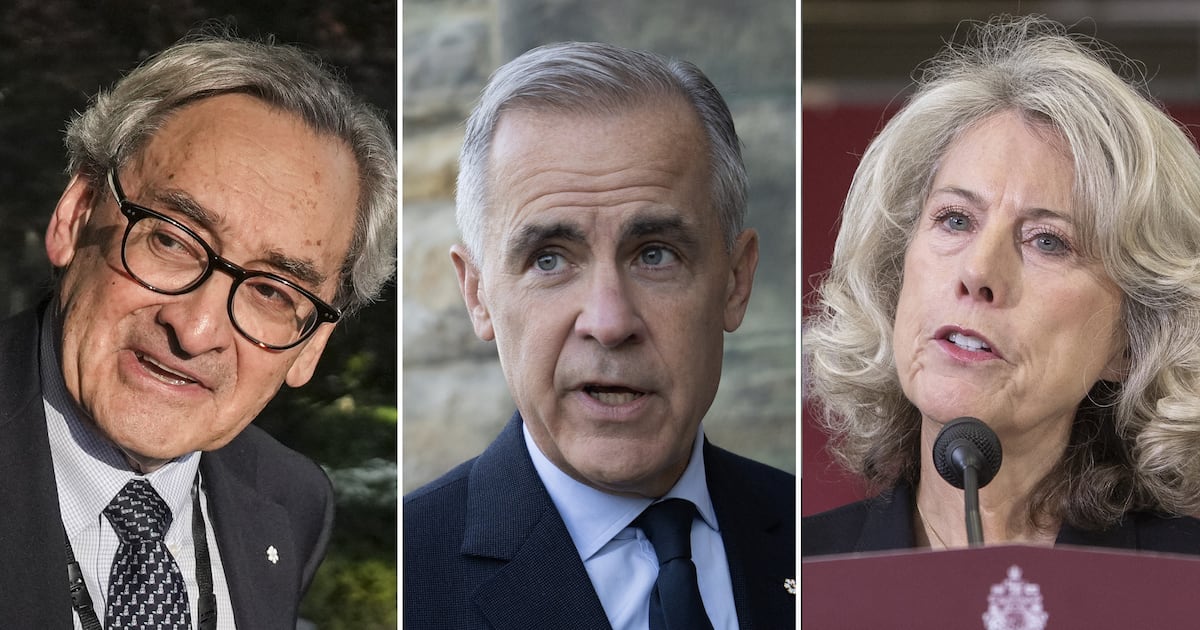In recent years, political discourse has frequently devolved into an exhausting cycle known as “gotcha politics.” This approach focuses more on scoring points against opponents than on substantive policy discussions and progress, ultimately harming our democratic institutions and the country as a whole.
Every party is guilty of it. Whether it’s about orange juice or the prime minister’s official residence, it is time for Canada to move beyond this trend and start acting like the serious country it aspires to be 0- one characterized by thoughtful dialogue and a willingness to innovate.
Canada is at a pivotal moment. Economic challenges such as inflation, housing crises, and global instability demand real solutions; not the repetitive, partisan exchanges that have come to dominate our political landscape. We need disruptors — individuals who are unafraid to challenge the status quo and introduce fresh perspectives that can lead to meaningful change.
This is precisely why Prime Minister Mark Carney’s decision to bring people from the private sector into leadership roles should not be viewed through a lens of scandal or controversy, but rather understood as a strategic move aimed at revitalizing our public institutions with innovative thinking.
Consider the impressive credentials of individuals like Michael Sabia, Dawn Farrell, and Douglas Guzman. Michael Sabia is the Clerk of the Privy Council and has previously served as the CEO of Bell Canada in addition to various public sector roles. Dawn Farrell is the former president and CEO of TransAlta Corporation and a key figure in energy reform. Douglas Guzman is the former deputy chair and group head of Wealth Management and Insurance at RBC, now CEO of the brand-new Defence Investment Agency.
These leaders have successfully navigated billion-dollar operations and made tough decisions under pressure. Yet, in our hyper-partisan world, they are often demonized for joining the government. Sure, you could choose a symbolic gesture and pay them $1 a year, but what kind of message does that send to our top corporate leaders in an environment that feels volatile and toxic?
I have worked with politicians from both successful business backgrounds and those who have only ever pursued politics. Both bring value, but I would repeatedly choose a corporate executive because when you have shareholders and dividends to answer to; you have more skin in the game.
These former executives have opted for roles in the public sector, often at a significant financial sacrifice, rather than clinging to the comforts and rewards of the corporate world. Their commitment speaks volumes about their desire to effect change and contribute to the greater good, proving they are motivated by more than just financial gain.
While our public service is filled with many capable individuals, turning the same old crank harder when the machinery of governance is malfunctioning is unwise. Progress sometimes requires inviting outside expertise to break the cycle of stagnation and forge new paths. These newcomers bring not only a wealth of experience but also fresh perspectives that can catalyze much-needed reforms.
The undue focus on minor perceived controversies, such as reactions to $1,750 political donations, further exemplifies the misguided priorities of our political discourse. In contrast to the hyper-financialized politics seen in countries like the United States, Canada’s political financing system is designed to be transparent and capped.
Alarming as it may be to some, suggesting that such contributions equate to buying influence misses the point. This is not merely a matter of political principle but a reflection of a political culture that should resist sensationalism and strive for integrity and accountability.
Carney’s approach acknowledges that these are not normal times. The challenges we face as a nation require bold thinking and decisive action. In light of this reality, we should encourage the inclusion of individuals who possess the audacity to shake things up – those capable of bringing transformative ideas and strategies that can ultimately benefit all Canadians. The call for fewer career politicians and more innovative leaders should resonate with those who care about the future of this country.
To truly honour the democratic ideals we embrace, Canada must demand a political climate that values substance over spectacle. Let us rise above the noise of gotcha politics and create a space for serious discussion and thoughtful solutions.
By welcoming disruption in leadership and fostering an environment where fresh ideas are celebrated, we pave the way for progress. It is only by doing so that we can build a brighter future — one where our government acts not only in the interest of the few but in the service of all Canadians.
More from Sharan Kaur:

